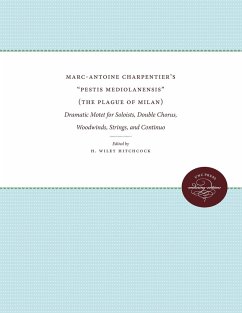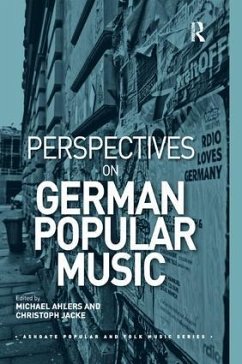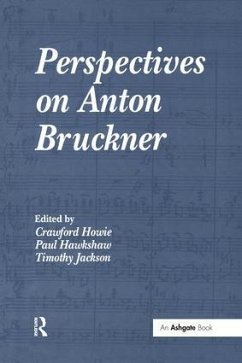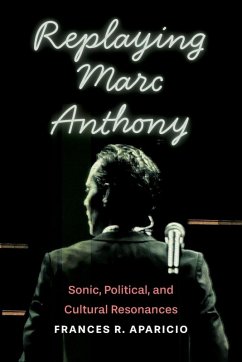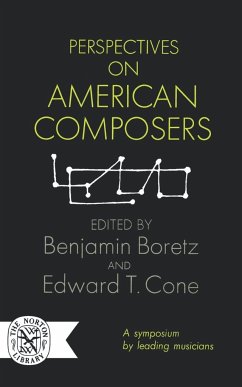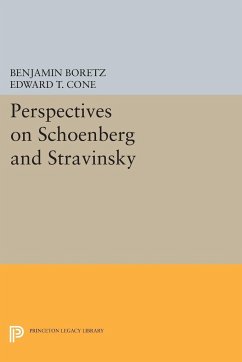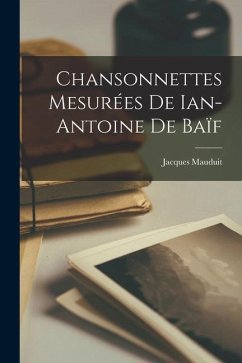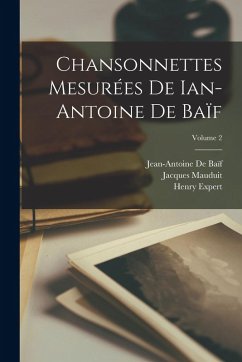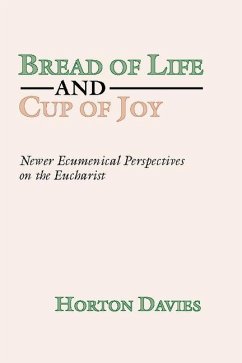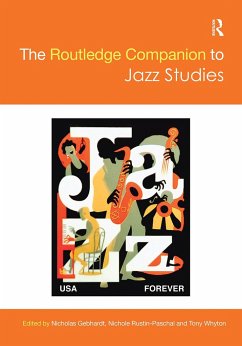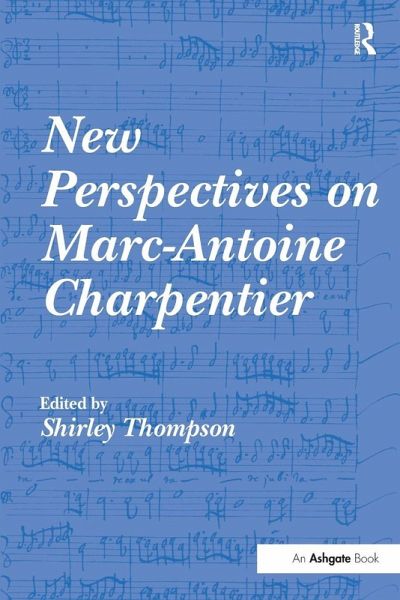
New Perspectives on Marc-Antoine Charpentier
Versandkostenfrei!
Versandfertig in 1-2 Wochen
98,99 €
inkl. MwSt.
Weitere Ausgaben:

PAYBACK Punkte
49 °P sammeln!
The tercentenary of Marc-Antoine Charpentier's death in 2004 stimulated a surge of activity on the part of performers and scholars, confirming the modern assessment of Charpentier (1643-1704) as one of the most important and inventive composers of the French Baroque. The present book illustrates not only the sheer variety of research strands currently pursued, but also the way in which these strands frequently intertwine and generate the potential for future research. Between them, they examine facets of the composer's compositional language and process, aspects of his performance practice and...
The tercentenary of Marc-Antoine Charpentier's death in 2004 stimulated a surge of activity on the part of performers and scholars, confirming the modern assessment of Charpentier (1643-1704) as one of the most important and inventive composers of the French Baroque. The present book illustrates not only the sheer variety of research strands currently pursued, but also the way in which these strands frequently intertwine and generate the potential for future research. Between them, they examine facets of the composer's compositional language and process, aspects of his performance practice and notation, the contexts within which he worked, and the nature of his legacy. The appendix contains a transcription of the inventory of Charpentier's manuscripts prepared when their sale to the Royal Library was negotiated in 1726 - an invaluable research tool, as numerous chapters in the book demonstrate. The wide variety of topics covered here will appeal both to readers interested in Charpentier's music and to those with a broader interest in the music and culture of the French Baroque, including aspects of patronage, church and theatre. Far from treating his output in isolation, this book places it in the wider context alongside such composers as Lully, Lalande, Marais, François Couperin and Rameau; it also views the composer in relation to his Italian training. In the process, the under-examined question of influence - who influenced Charpentier? whom did he influence? - repeatedly comes to the fore.





